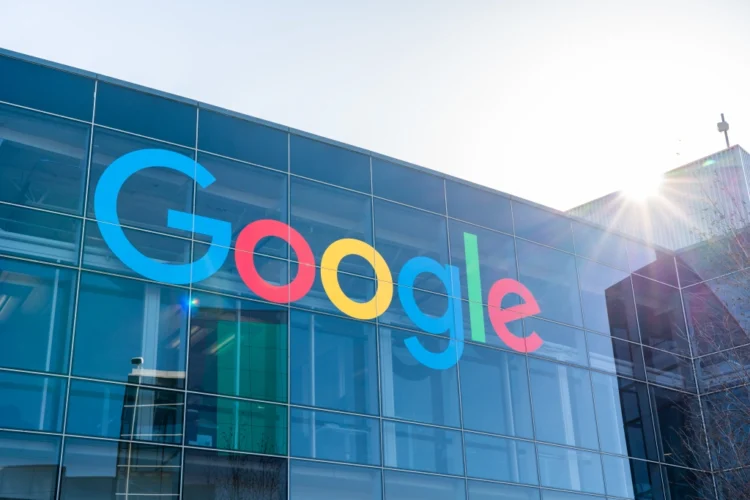By David Young-
Google has reached an expensive settlement with forty U.S states, over its location tracking practices.
The big settlement is the largest multi-state privacy settlement in US history#
It follows the revelation that google misled its users into thinking they had turned off location tracking in their account settings when, in fact, Google continued to collect their location information.
A 2018 Associated Press article that revealed Google “records your movements even when you explicitly tell it not to” triggered the investigation.
The Austrian advocacy group noyb.eu blamed Google for sending unsolicited advertising emails directly to the inbox of Gmail users, allegedly breaching its obligation to seek the permission of Gmail users before sending them any direct marketing emails, violated a principle of law established in case law.
The attorneys general found that Google violated state consumer protection laws by misleading consumers about its location-tracking practices since at least 2014.
The location tracking issue has been haunting Google as far back as 2014. But matters came to a head in 2018 when an investigation by the Associated Press found that a number of Google services running on Android and Apple devices determine the user’s location and store it, even when Google’s “Location History” setting was switched off.
Misleading
In November 2018 Google was accused of being misleading about location tracking, after consumer groups from seven European nations asked their privacy regulators to take action against the search engine giant.
Consumer groups from the Netherlands, Poland, Czech Republic, Greece, Norway, Slovenia and Sweden, all filed GDPR complaints against Google’s location tracking.
They alleged that Google was tracking the movements of millions of users in breach of the European Union’s privacy laws.
In June 2020 Google said it would automatically delete user’s website searches and visits, as well as some location data, after 18 months.
The attorneys general of four US states concluded that Google misled users to believe that once they turned their location history off, their whereabouts would no longer be tracked.
“Right now, consumers are beholden to Google’s promise that Big Tech knows what’s best for users’ data,” said Pennsylvania Attorney General Josh Shapiro. “Google’s impact on the lives of everyday Americans is pervasive – they have a responsibility to consumers to ensure that the data they collect is only obtained with express consent from the user. My office will continue to fight to ensure consumers can control when and how their personal data is collected.”




